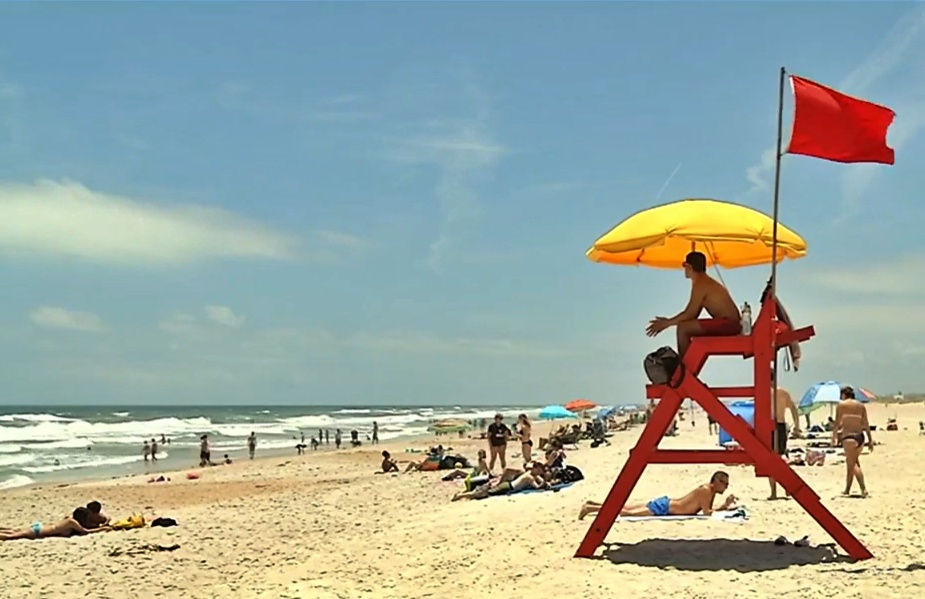City Commission undermines citizens by not hearing them until after they voted on key issues
- Mike Lednovich
- Sep 15, 2023
- 2 min read
OPINION

Twice in eight days the Fernandina Beach City Commission told residents your opinions don't matter on three of the most important decisions in the city.
First was the commission budget meeting Sept. 5. The commission voted to approve the proposed millage rate -- the amount property owners would be taxed next year. That was followed by the commission voting to approve the 2023-24 budget of how the city would spend those tax dollars.
Next on that agenda: public comment. After those votes had already been cast.
"You just took a vote on the budget before you got any public comment," said Richard Deem of Fernandina Beach, after the vote was taken. "I think optically that sends a very odd message to your constituents."
Then came last Tuesday's special commission meeting to select a new city manager, another crucial decision for citizens. After interviewing the four finalists, the commission voted Ty Ross to be the next city manager.
What came next? You got it, public comment. Of course no one stepped forward to speak. The decision had already been made.
Compare that to the Flagler Beach City Council and the Manatee County Commission, which also held special meetings to hire their top executive. Following the interviews, both boards welcomed public comment on the candidates. Then they voted.
There's another special meeting this Tuesday, and the commission will vote again on the tax rate and budget. The agenda lists no public comment segment.
This Fernandina Beach city commission should and must allow public comments before voting on such key issues. The two recent special commission meetings means that the public's input had no possible bearing on the outcome of their vote. This was a disservice to the people of Fernandina Beach and undermined the democratic process.
There are important criteria for why public comment should be taken before our commission takes a vote. First, it allows Fernandina Beach residents to have a say in the decision-making process. When citizens are able to speak up before a vote, it gives them an opportunity to influence the outcome. This is especially crucial for important issues - like how much we will be taxed, how the money will be spent and who is running the city.
Public comment can help to educate city commissioners about a specific issue. When the public speaks, they can share their knowledge and experiences, which can help the commission to make a more informed decision. This is especially important for complex issues like taxes, budgets and hiring executives that the commission may not have a lot of experience with.
Third, public comment builds trust between the commission and the community. When citizens feel that they have a voice in the decision-making process, they are more likely to trust the commission's decisions. When the public is able to speak up before a vote, it can give the commission a sense of how the community feels about the issue. This is important for maintaining a healthy democracy.
The city commission should change its policy in these special meetings and allow public comment before voting on these matters. This would be a step in the right direction for promoting transparency and accountability in government.




This isn't a revelation. At least the school board holds the meetings and lets public opinion fall on their deaf ears before voting their budget the tax increase they previously decided to vote into law all along. All we have is the vote, folks. In the interim years, they will raise taxes impossible to repeal no matter what the public thinks. They do what they want to do that facilitates their agenda; justified or NOT. Public opinion has NEVER been a consideration.